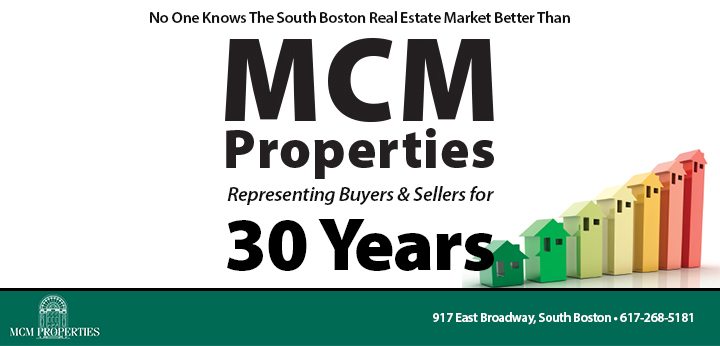Many hosts of short-term rentals in Massachusetts like Airbnb will have to pay the same 5.7 percent state tax as hotels and will have to register with the state under regulations set to take effect July 1, 2019. Governor Charlie Baker signed the regulations into law on December 28. The move capped months of back and forth between the governor and lawmakers regarding the regulations.
The biggest sticking point hinged on whether those who rent their homes occasionally every year should be subject to the tax and to other oversight. The compromise legislation that Baker signed exempts properties rented for no more than 14 nights a year from the hotel tax and from the registry. And the registry will only list the community and the street name of the short-term rental rather than specific addresses—though cities and towns can choose to publish those. The regulations also allow cities and towns to levy their own taxes of up to 6 percent—and in Boston of up to 6.5 percent—on properties renting for more than 14 nights annually. And properties renting for more than 14 nights annually will have to carry insurance.
“Our administration has long supported leveling the playing field for short-term rental operators who use their properties as de facto hotels,” Baker said in a statement, “and I appreciate the legislature’s work to reach a compromise on this bill that adopts our proposal to avoid placing undue burdens on occasional renters.”
Paul Sacco, president of the Massachusetts Lodging Association, which supports the regulations, released this statement after Baker’s signing: We are pleased and gratified that the governor and legislative leaders came together in a bipartisan way to advance this critical measure into law. This is a tremendous victory for municipal leaders and the people of Massachusetts who have been waiting for years while Airbnb rentals have exploded, resulting in skyrocketing housing costs and disruptions in local neighborhoods. By adopting a more level playing field between short-term rentals and traditional lodgers, lawmakers made great strides toward a more fair and sensible system.
As for Airbnb, as reported in Curbed Boston, it had urged Baker to veto the legislation, stating that the bill raises serious concerns for the thousands of Bay Staters who share their home to make a little extra income. In addition to undermining the governor’s effort to shield hosts’ personal information, the bill would impose significant burdens on individual hosts, many of whom rent their homes for just a few weeks a year.
Airbnb released this statement after Baker’s signature: “We’re proud of the community we’ve built in Massachusetts, with over 1.2 million travelers using Airbnb to visit the commonwealth and nearly two million Bay Staters using Airbnb to travel at home and abroad in 2018 alone. While we are deeply disappointed in the flawed bill that emerged from Beacon Hill during the lame duck session, we will continue the fight to protect our community and the economic engine of short-term rentals for hosts, guests, and local small businesses”.













